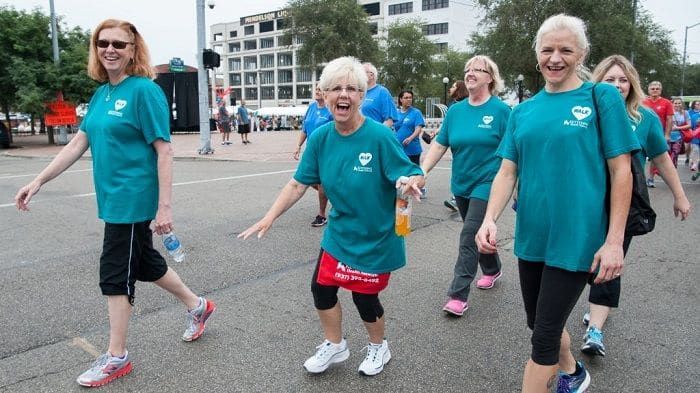Diabetes and Endocrinology
Want to learn more about this at Kettering Health?
The Olympic Games in Tokyo have given us no shortage of inspiring moments. Did you cry after Sunisa “Suni” Lee won the women’s gymnastics all-around and her dad cheered from thousands of miles away? Did you celebrate when Katie Ledecky earned her sixth gold medal after winning the women’s 800-meter freestyle event in swimming?
It’s easy to see these athletes and feel inspired to go for that morning jog or make changes to your diet.
And the good news is you don’t need to be an Olympian to enjoy a healthier life. Kettering Health experts agree that, along with exercise, a healthy diet is key to staying healthy.
To help you get started, Sports Nutritionist Cindy Cassell gives insight into how to fuel your body to stay active and healthy.
1. Know your calorie needs
How many calories you need a day depends on your age, gender, weight, and activity level.
The more active you are, the more calories you need to fuel your body. Eating the right number of calories—rather than haphazardly cutting calories—can help you achieve your health goals without injury.
Speak with your primary care physician or a Kettering Health sports medicine team member to learn more about your daily calorie needs.
2. Eat breakfast, followed by smaller meals
Experts recommend consuming your first meal approximately 30 to 60 minutes after waking up. Eating in the morning after fasting throughout the night replenishes your energy.
Instead of eating three large meals, try to eat smaller, more frequent meals—especially if you’re exercising or playing a sport.
“Your body fuels back up the best if you eat within 30 minutes to an hour after your game,” says Cassell.
3. Hydrate, hydrate, hydrate
Cassell stresses the importance of staying hydrated throughout the day, especially for athletes.
“Drink every 20 minutes after any activity or game on a really hot day, running, or playing soccer in the hot sun,” Cassell says.
Try to consume 11 to 15 cups of water a day. And don’t use thirst as the cue to drink more water.
“Thirst is not a good indicator for hydration needs. If you are thirsty, you are already dehydrated,” says Cassell. “If you wait to drink until you are thirsty and stop drinking when your thirst is satisfied, you will stay dehydrated.”
Staying hydrated, though it’s an important part of staying healthy, is often a second thought. Set alarms on your phone to remind yourself to drink water.
Staying on top of your diet can be difficult. If you’re afraid of any gaps in your diet, consider talking to your doctor about vitamins or supplements that help you stay healthy, fight disease, and reach your fitness goals.









